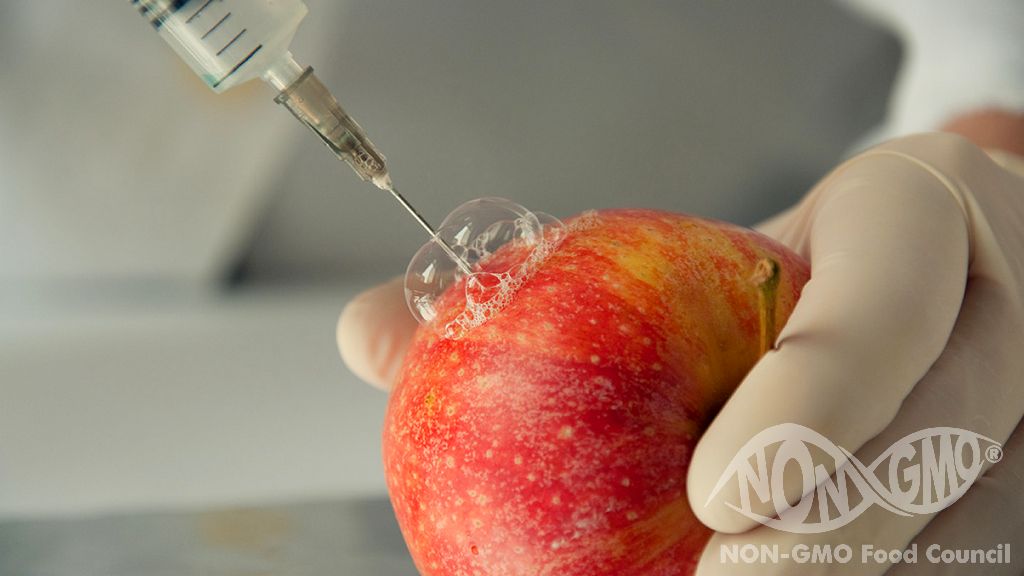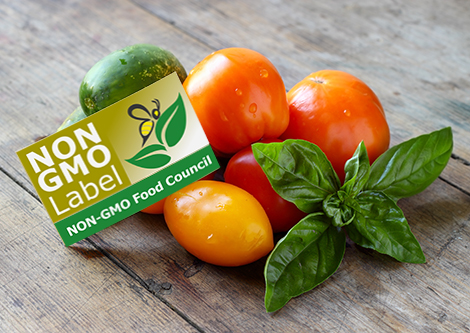Today, genetic modification studies continue extremely rapidly in food production, and manufacturers do not constantly talk about the benefits of genetically modified foods. However, scientists have yet to reach a consensus on the safety of these products.

This is because genetically modified organisms, GMOs, have many disadvantages. Being aware of these issues will help you make wise decisions for the environment, your children and yourself.
Biochemists made a reasonable assumption in the early days of genetic engineering. Any organism's deoxyribonucleic acid, DNA, transmits all the blueprints needed to make and repair the organism to ribonucleic acid, RNA. This information is then transferred to proteins that make up the physiological structures that the organism uses to behave in the real world.
More recent research has proven this assumption wrong. Scientists now believe that genetic components are constantly evolving in response to environmental conditions. Thus, under normal conditions, organisms actually change themselves genetically. However, unlike genetic engineering, this trial and error process happens gradually over a long period of time.
Scientists use the word genome to describe the genetic material found in every cell. Insertion of foreign material - transgenic DNA - into the genome creates a GMO. Unfortunately, changing a single gene changes the whole organism.
Changes may not happen immediately, but they will show up over time. This is exactly why scientists have not yet reached a consensus on the long-term consumption of GMO foods.
Do not hesitate to contact our expert team to get detailed information about the GMO Free and NON GMO label and certification, or to apply for certification.
